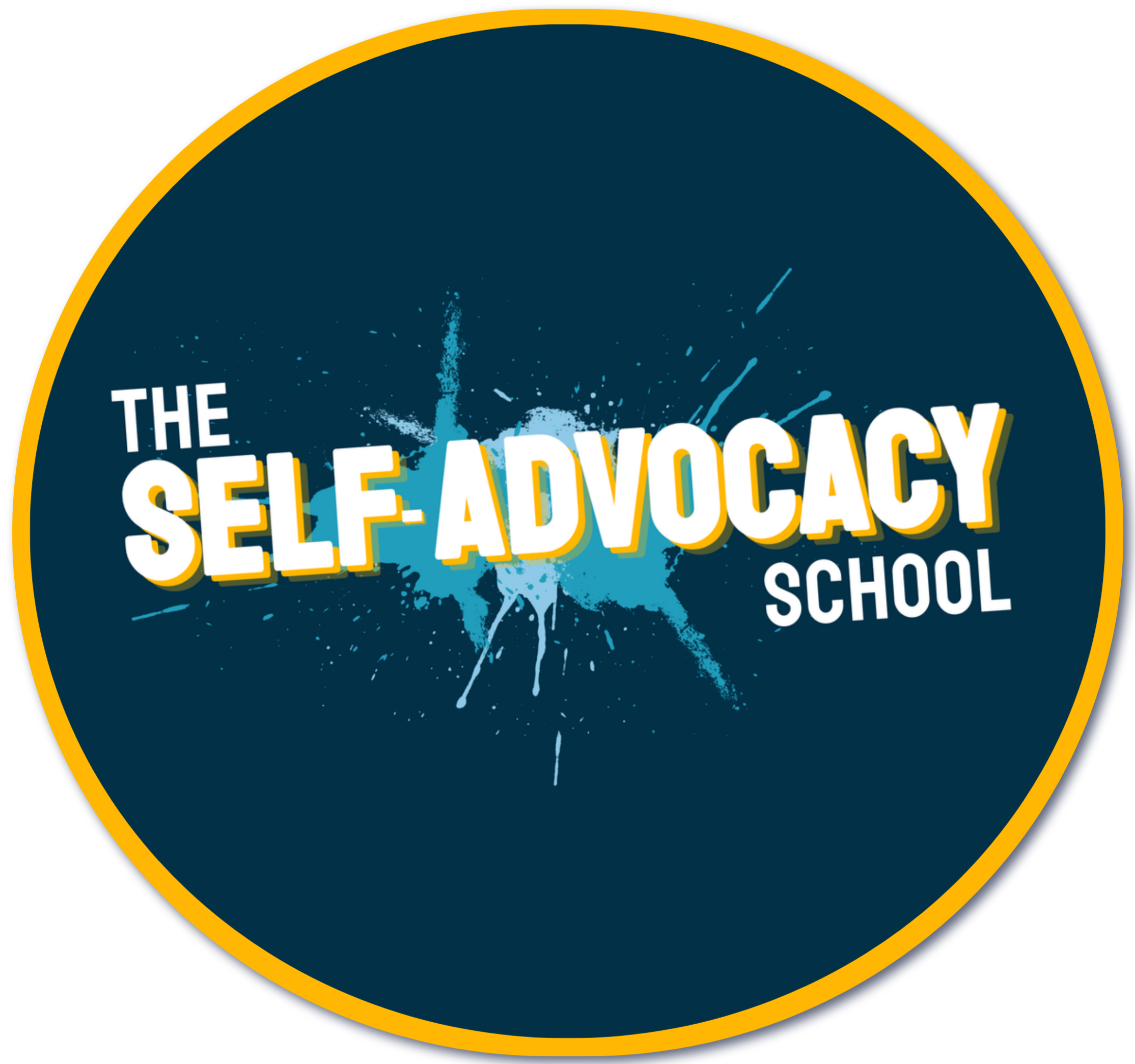These 25 needs are not "unreasonable" or "too much."
As recovering people-pleasers, many of us discount our completely reasonable needs as “unreasonable” or “too much.”
Especially if we’ve spent our lives surrounded by neglectful, distant, or emotionally unavailable people—a common experience for the people-pleaser—we may believe that basic needs for affection, fairness, intimacy, and support are unreasonable because those close to us have historically been unable to meet them.
These experiences leave us with a skewed barometer: a skewed understanding of what is “too much.”
Our healing requires that we rewrite this story of what constitutes a reasonable need. Our healing requires that we allow ourselves to need more than the bare minimum from our relationships.
The Big List of Reasonable Needs is a non-exhaustive list of relational needs that people-pleasers tend to discount as “too much” that are, in fact, completely reasonable needs to have in our relationships with others.
Here is the Big List of Reasonable Needs:
I need to be safe.
I need to be free from physical harm and violence.
I need to be treated with respect, which includes not being ridiculed, humiliated, shamed, or degraded.
I need to be free from mocking or critical comments about my body and/or physical appearance.
I need others to show me kindness.
I need others to show me affection and appreciation.
I need others to communicate their care for me using words, e.g. “I care about you,” “I love you,” “You are important to me,” “You mean a lot to me.”
I need others to initiate communication and initiate spending time together, not just respond positively to my requests.
I need others to demonstrate curiosity about me and my life.
I need consistency, and if someone close to me is unable communicate or spend time with me in a consistent way, I need them to be able to explain why.
I need others to be able to listen when I’m speaking, which includes not constantly interrupting me or speaking over me.
I need others to be respectful of my interests and passions even if they don’t share my interests and passions.
I need others to be respect my right to have my own beliefs even if they don’t agree with my beliefs.
I need others to keep their word.
I need alone time.
I need others to respect my autonomy, which includes not trying to change me or control my actions.
I need to trust that others will say no when they don’t want to do something in our relationship. When they say no, I can trust their yes.
I need others to communicate their needs clearly, not through passive aggression or sarcasm.
I need others to respect my boundaries, which includes not throwing a tantrum or making me out to be “the bad guy” every time I set one.
I need others to be able to apologize and admit their mistakes.
I need others to be willing to repair after a disagreement, not punish me by giving me the silent treatment, avoiding me, or pretending it never happened.
I need others to take tangible steps to manage their own stress, anxiety, and anger. I can help soothe them if I have the bandwidth, but managing their emotions is not my responsibility.
I need a fair and equitable division of financial responsibility, household labor, and childcare in our relationship.
I need others to respect my sexual boundaries, and this includes not coercing, pressuring, or guilt-tripping me in any way.
I need others to operate within the bounds of our relational agreement (e.g., if we have agreed to be monogamous, they don’t sleep with other people).
Now, one nuance: Sometimes, others won’t be able or willing to meet our entirely reasonable needs. Maybe they have differing needs; maybe they don’t have the time, energy, or resources to invest in our needs right now; maybe they’re working through their own trauma or triggers in a way that prevents them from being able to meet our needs.
In these cases, it’s important to remember: Others’ inability to meet our needs doesn’t immediately make our needs unreasonable or “too much.” Sometimes, it just means that, like two puzzle pieces whose edges don’t align, our needs are not compatible right now.
From here, it’s up to us to to decide what boundaries we need with those who can’t or won’t meet our reasonable needs.
Ready to become your own best advocate? The Self-Advocacy School is my self-paced masterclass series that teaches you how to overcome people-pleasing, nurture a vibrant relationship with you, and stand up for yourself with conviction — all without losing the empathy that makes you who you are.
Featuring a comprehensive curriculum of 22 interactive coaching courses, deep-dive journaling reflections, and concrete action steps, The Self-Advocacy School equips you with all the tools you need to prioritize your own voice, needs, desires, and dreams. Learn more and enroll today here.
